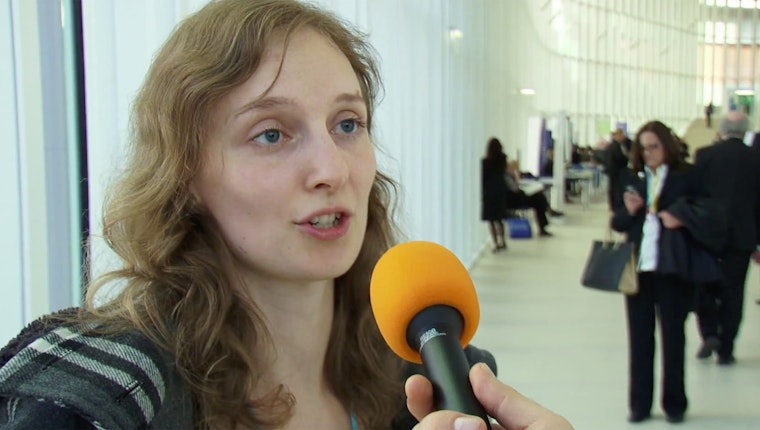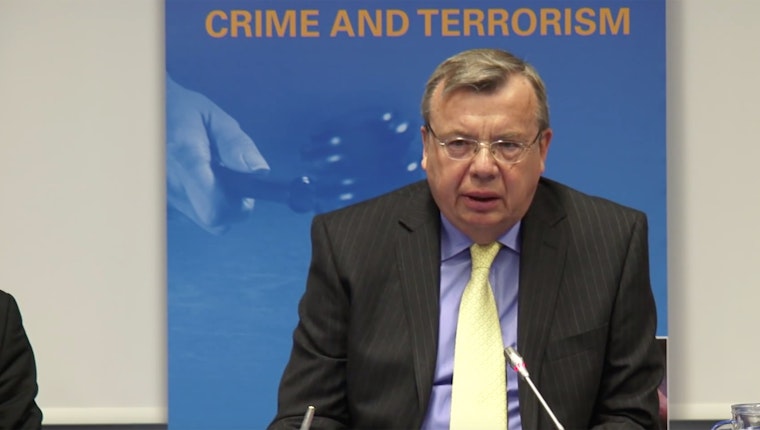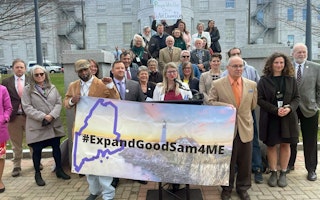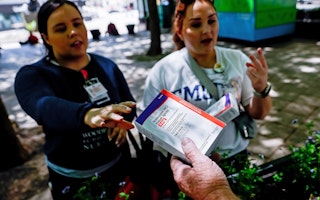Video Advocates Take on the Global Drug War
By Peter Sarosi
Punitive drug policies can have numerous unintended consequences. They fuel the global HIV epidemic, undermine public health, produces crises for criminal justice systems, lead to severe human rights violations, and create a massive illicit market worth an estimated $400 billion annually. Several recent videos, some serious and some satirical, examine these issues.
This year marks the 50th anniversary of the international drug control system (the first UN Convention on Drugs was adopted in 1961). At a recent meeting of the Commission on Narcotic Drugs (CND), the Hungarian Civil Liberties Union (HCLU), an Open Society Foundations grantee, interviewed Yury Fedotov, head of that UN agency:

To mark the anniversary, several organizations, led by the UK-based Transform, have launched an effort calling on governments to review the effectiveness of current drug policies.
The HCLU produced several short pieces to reach out the public. In these videos, fictional drug lords thank the UN for keeping drugs illegal. The most successful clip features a Russian heroin trader named “Igor”:

Another spoof looks at how “Drug Lords International” celebrated the 50th anniversary, in front of the Vienna International Centre on the first day of the CND:

Another clip features a (real) press conference organized by the Russian delegation at the CND. The HCLU asked Russian and UN officials why opiate substitution treatment is still unavailable in a country facing a drug-related HIV epidemic:

The Hungarian Civil Liberties Union is among the few civil society groups that regularly attend CND meetings with the aim of holding governments accountable and raising public awareness about the unintended consequences of the global war on drugs.
Peter Sarosi is director of the Drug Policy Program at the Hungarian Civil Liberties Union, an Open Society Foundations grantee.


